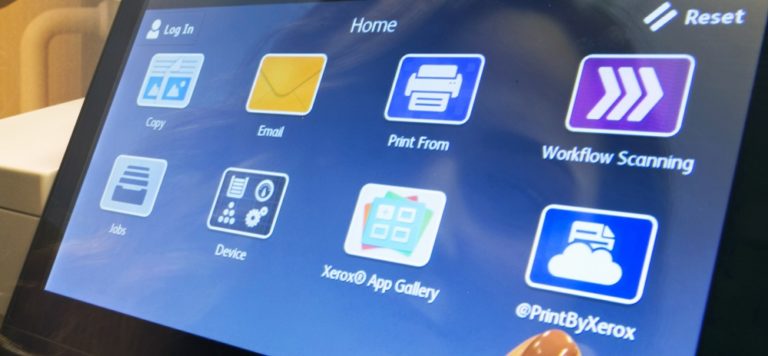— By Ken Philmus, senior vice president and managing director, ACS Transportation Solutions
Some drivers in Maryland will now be able to get where they’re going a little faster – thanks to the state of Maryland and ACS. We’re not talking about state-sanctioned speeding, but rather an entirely new road that will be funded by embracing innovative technology.
Maryland just opened up a new east-west highway called the Intercounty Connector (ICC)/MD 200. The state estimates some drivers can shave off up to 70% of their commute time using this new highway. Since the whole idea of this new road is to reduce travel times and congestion, the Maryland Transportation Authority will collect tolls electronically at highway speeds.
This is Maryland’s first all electronic toll road. There will be no toll booths and no cash accepted. Vehicles will have a transponder and an E-ZPass account – with tolls deducted automatically. Prices will vary based upon the time of day to reflect supply and demand. ACS, a Xerox Company is the company making this happen behind the scenes.
It sounds pretty simple and it certainly makes environmental sense (less congestion equals less pollution). And it’s a new idea for this area. A leading tolling writer, Peter Samuel of Tollroadsnews says the closest all electronic toll roads to Maryland are in Toronto to the north, Denver to the west and Miami and Dallas to the south. Farther west, ACS is using the same electronic tolling technology to help drivers in LA too.
Patrick D. Jones, the executive director and chief executive of the International Bridge, Tunnel and Turnpike Association (IBTTA) recently endorsed this idea in a letter published in The Washington Post:
“Tolling and dynamic pricing address two of the biggest transportation challenges we face in this country: a chronic lack of funding and increasing congestion. We should praise the courage and foresight of those who insisted on including these two critical features in the ICC.”
You can read more about ACS’ role in the project here or listen to a podcast.


